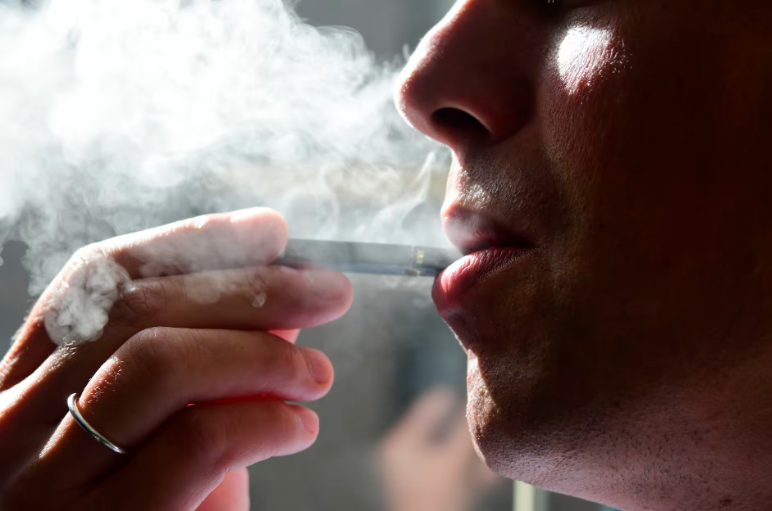Oftentimes, class-action settlements pay less than $10 per person — but MarketWatch spoke with former Juul users who received hundreds of dollars.
A $300 million class-action settlement from e-cigarette company Juul Labs and tobacco giant Altria Group started to be dispersed this week — and many consumers say they received a lot more money than they expected.
The class-action settlement, reached over claims that the two companies misled customers about the addictiveness of their nicotine products as well as their marketing to minors, was announced in 2022.
Because the class-action application process, now closed, was several years ago, some people had forgotten about it by the time payments began.
MarketWatch spoke with several people who received a payment this week as part of the Juul settlement, who reported receiving between $60 and $600. Some recipients took to social media and reported even higher settlement payments — with at least one posting a screenshot for as much as $9,000.
“I signed up years ago, probably around the time I had quit or just after quitting,” Arizona resident Jessie Vendegna, 29, told MarketWatch. “I didn’t know how much I would get, seeing as most settlements end in low amounts.”
Vendegna said she got over $200 in her settlement payout, which was done electronically, and that she’s not concerned it didn’t cover all her Juul purchases.
“I was really impressed to get $231, and while that doesn’t cover everything Juul I bought, it does feel like I got a reward for quitting smoking/vaping,” she said.
According to Philip D. Stern, an attorney who specializes in class-action suits with the New Jersey-based Kim Law Firm, “it’s kind of unusual when there’s a large individual payout.”
In fact, several recent class-action lawsuits have led to payments much lower than the Juul one. For example, a recent class-action settlement paid out by the Google was for $7.70, while a Meta privacy suit saw claimants receive an average of $30.
Meanwhile, Mounir L., a 28-year-old from Ohio, said he was awarded $600 from the Juul settlement.
“I started using the Juul in college around 2018 and became addicted pretty quickly,” he said. “After a while, I was going through a pod every day or two, which amounted to hundreds of dollars per month.”
He was surprised by how much he received as a settlement.
“When I joined the settlement it was during the beginning of COVID shutdowns, and I expected to get a small gift card,” Mounir said.
And while the money is nice to receive, he said it’s also a reminder that Juul is paying people for a reason. “I’m currently getting nicotine-replacement therapy and counseling because of this,” he said. “I was not a cigarette smoker prior and was absolutely the victim of good marketing.”
How exactly were the Juul payments calculated?
Though exact details have not been released, there was a correlation for Juul users based on how much money they spent on products with their settlement.
The payments were sent through a variety of ways, recipients said. Some claimed to have received the settlement via PayPal Venmo or through a virtual prepaid debit card.
Representatives for Altria which formerly owned a stake in Juul before exiting in 2023, declined to comment. Juul Labs said it was “pleased to have resolved the vast majority of the company’s past legal issues.” Both companies have denied any wrongdoing.
Stern said that a potential reason customers received a lot of money in this case with Juul is because it was “based on purchases” rather than usage of a platform or an app. People who used Juul products during the appropriate period had to submit receipts to be reimbursed for their purchases. Some may not have kept records of their purchases, creating a barrier to entry for potential claimants, and subsequently leading to more available funds for people who submitted receipts, he said.
In June, the Food and Drug Administration lifted a 2022 ban on Juul products. The move did not authorize or deny Juul products, but instead returned them to pending status, the FDA said.
E-cigarettes like the products sold by Juul are popular with young adults. About 11% of 18- to 24-year-olds said they used the products in 2021, while nearly 8% of middle- and high-school students used e-cigarettes in 2023, according to the Centers for Disease Control and Prevention.




